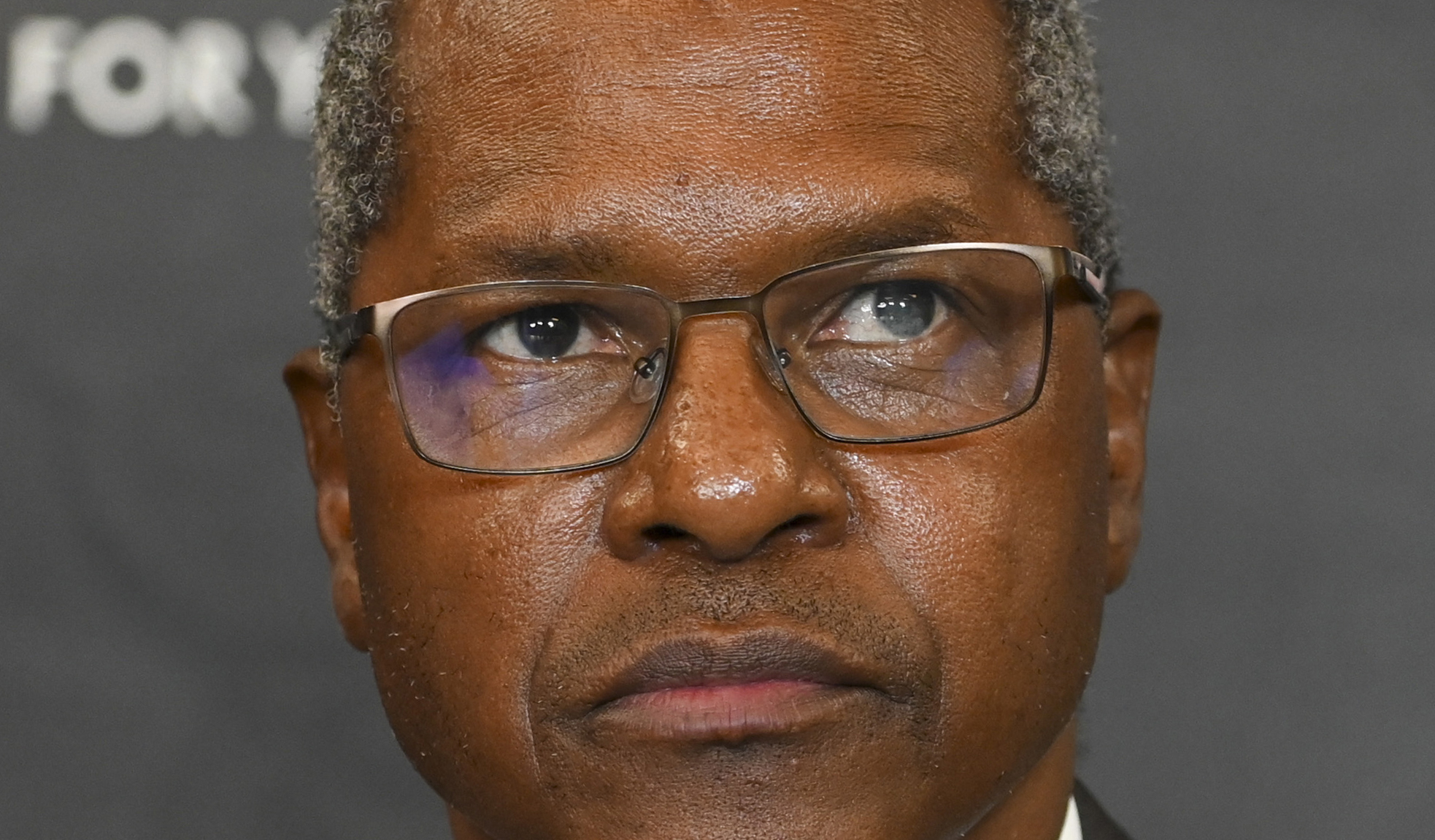In a crucial address at the National Assembly Mini-Plenary, Minister Velenkosini Hlabisa presented the 2024/25 budget vote for the Departments of Cooperative Governance and Traditional Affairs (Cogta) on Tuesday, 16 July 2024.
Amid ongoing crises and ambitious plans for reform, the budget emphasises improving local government functionality and disaster response capabilities.
Hlabisa opened his speech by acknowledging the immediate challenges the country faced, particularly the severe weather disasters in Cape Town and the tragic fires in KwaZulu-Natal.
“On behalf of Cogta, I extend sincere condolences to all who have lost loved ones, homes and livelihoods,” said Hlabisa, emphasising swift government intervention.
Read more: Cape Town scrambles to send flood relief kits, relocate residents after wind rips off roofs, areas flood
The Cooperative Governance budget is set at R395.7-billion, with 95.9% allocated for transfers to municipalities and affiliated entities. This includes the local government equitable share, disaster relief grants and the municipal infrastructure grant.
The Traditional Affairs budget stands at R1.873-billion, reflecting a R58-million reduction due to mandatory budget cuts by the National Treasury.
“Under the Government of National Unity, our mission is clear: to improve basic service delivery, foster inclusive economic growth, urgently address poverty and combat corruption,” said Hlabisa.
Municipalities must work
Under the theme “Every Municipality Must Work”, Hlabisa detailed the urgent need to address the dysfunctionality in municipalities. Highlighting that 66 municipalities required urgent attention, he underscored the broader necessity for support across most of the country’s 257 municipalities.
Over the weekend, speaking on the sidelines of the first Cabinet lekgotla of the seventh administration, Hlabisa vowed to crack the whip on underperforming municipalities.
Read more: Cogta Minister Hlabisa warns failing municipalities they’ll be dissolved — and new elections held
On Tuesday, he noted several key strategic departmental initiatives, including the District Development Model (DDM), which is being implemented across 52 districts and metros after the intergovernmental relations regulations were promulgated in May 2024.
He particularly noted the Eastern Seaboard Development, which is a flagship DDM project aimed at strategic growth through partnerships, with infrastructure investments totalling R58.9-billion over the medium term.
Hlabisa said municipal support and intervention plans would be enforced in distressed municipalities, in collaboration with National Treasury and provincial Cogta departments.
Over the weekend, he warned that municipalities that didn’t improve after national government interventions would be dissolved.
“Right now, there are more than 30 Section 139 interventions in municipalities across eight provinces. Some of these interventions have failed, despite lasting the full term of the municipal council.”
Legislative and structural reforms
Hlabisa also outlined several planned legislative reforms aimed at addressing existing challenges. These included:
- General Laws Amendment Bill: Amending key acts such as the Municipal Systems Act, Municipal Structures Act, and Municipal Property Rates Act.
- Independent Municipal Demarcation Authority Bill: Finalising legislation deferred to the seventh administration.
- Municipal Structures Amendment Bill 2024: Providing structured guidelines for coalition governance.
In disaster management, Hlabisa proposed a new system to better respond to growing disaster risks, emphasising risk reduction and integrating disaster management into all levels of government planning.
“Our challenge in disaster management is primarily due to deficiencies in regulatory legislation, which is not designed to adapt to the ever-changing risk environment. The systemic and structural design of our disaster management delivery, as guided by current laws, results in issues with timing and bureaucracy.”
Support for traditional leaders
Recognising the integral role of traditional leadership, Hlabisa pledged to address issues raised by traditional leaders, including safety and capacity building. The minister also highlighted ongoing efforts to formalise traditional justice systems through the Traditional Courts Bill and the Customary Initiation Act.
Hlabisa concluded by urging the National Assembly to approve the budget votes, emphasising that the 2026 Local Government Elections were imminent and that the time for action was now.
“This budget proposal represents not just financial planning, but our commitment to building a stronger South Africa,” he said.
Plans under fire
DA MP Marina Van Zyl argued that while change was needed to improve the state of the local government, the District Development Model was not the answer.
“Despite these lofty goals, its implementation across three pilot sites – namely, OR Tambo District Municipality in the Eastern Cape, the Waterberg District Municipality in Limpopo and the eThekwini Metropolitan Municipality in KZN has not achieved any tangible change except an accelerated deterioration in service delivery.”
According to a parliamentary reply by the previous Cogta minister, R103-million was spent on these three DDM pilot sites.
The EFF’s Hlengiwe Mkhaliphi said her party rejected the proposed budgets as Cogta had over the years failed to perform its oversight role.
“We also reject the budgets of a department that has no monitoring tools in place for local municipalities,” said Mkhaliphi.
“Local government continues to be characterised by dysfunctionality, financial mismanagement, administrator instability and crumbling municipal infrastructure and accordingly through this department’s admission in its state of local government report, only 11.67% of the country’s municipalities are stable.”
Rise Mzansi’s Makashule Gana criticised Hlabisa’s calls to dissolve dysfunctional municipalities and rerun elections.
“Your task is to make municipalities functional,” Gana said. “You should not be rushing to put municipalities to go for a rerun or putting them under administration because that’s an admission that you are failing.”
Gana said Cogta could partner with the National Student Financial Aid Scheme and graduates funded by the scheme should be hired to work in dysfunctional municipalities instead of the unqualified people hired by some municipalities. DM





